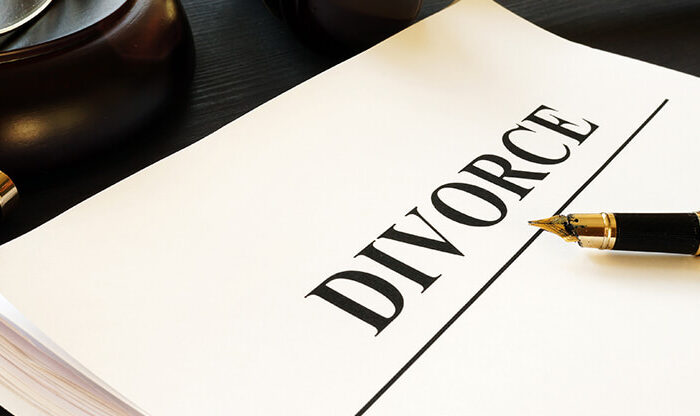Personal injury lawyers specialize in representing individuals who have suffered harm due to someone else’s negligence or intentional conduct. We work in a branch of civil law known as tort law, which includes cases ranging from car accidents and medical malpractice to product liability and workplace injuries. Our primary goal is to help clients secure compensation for the losses they have incurred, such as medical expenses, lost wages, and pain and suffering.
When we take on a personal injury case, we commit to a thorough investigation of the incident to establish liability and accurately quantify damages. We understand the complexities of personal injury law and strive to navigate the legal system effectively to protect our clients’ interests. Our expertise allows us to negotiate with insurance companies and defendants, and if necessary, present a compelling case in court.
Personal injury cases often hinge on the principle of negligence, which requires us to prove that the responsible party had a duty to the injured person, breached that duty, and caused harm as a result. It’s imperative that we gather sufficient evidence, including witness statements, medical records, and expert testimony, to build a solid foundation for our clients’ claims. This evidence forms the backbone of our negotiations and trial strategies, aimed at securing the justice and compensation our clients deserve. Learn more about personal injury lawyers
Understanding Personal Injury Law
Personal injury law allows us to seek compensation when we are harmed due to someone else’s actions or negligence. We’ll cover the essentials of this legal area by examining the types of cases, the concept of negligence, and the time limits for filing a claim.
Types of Personal Injury Cases
Personal injury law encompasses various scenarios where someone’s body, emotions, or reputation may be harmed. We typically categorize these cases as:
- Motor Vehicle Accidents: Collisions involving cars, motorcycles, bicycles, and pedestrians.
- Slip and Fall Accidents: Incidents on someone else’s property due to unsafe conditions.
- Medical Malpractice: Harm due to a healthcare professional’s failure to provide competent care.
- Product Liability: Injuries caused by defective products.
- Workplace Accidents: Harm occurring in the workplace or while performing work-related duties.
- Assault, Battery, and Other Intentional Torts: Injuries intentionally caused by another person.
The Role of Negligence
In personal injury law, negligence plays a crucial role:
- Duty of Care: An individual or entity has an obligation to act with care to avoid causing harm to others.
- Breach of Duty: Failing to meet the standard of care that a reasonable person would have provided.
- Causation: Showing that the breach of duty directly caused the injury.
- Damages: Identifying actual harm suffered as a result of the breach, such as physical injury or financial loss.
Statute of Limitations
Statutes of limitations set the maximum time after an event within which legal proceedings may be initiated.
- Varies by State: The time limit depends on state laws where the injury occurred.
- Type of Claim: Different types of personal injury cases may have different limitations.
- Discovery Rule: The clock may start when the injury is discovered, rather than when it occurred.
Hiring a Personal Injury Lawyer
When seeking compensation for an injury, having legal expertise can significantly influence the outcome of your case. We will explore the advantages of retaining a personal injury lawyer, guide you through finding the right attorney, and discuss the typical costs and fees involved in such legal matters.
Benefits of Hiring a Lawyer
Retaining a personal injury lawyer can provide numerous benefits:
- Expertise: Lawyers are well-versed in legal procedures and can navigate the complex legal system with ease.
- Negotiation Skills: Attorneys have extensive experience negotiating with insurance companies, often leading to better settlements.
Finding the Right Attorney
Selecting an appropriate personal injury lawyer involves several important considerations:
- Experience: Look for a lawyer with a successful track record in handling cases similar to yours.
- Reputation: Research the attorney’s standing in the legal community and read client reviews.
- Comfort Level: Ensure you are comfortable with the attorney’s approach and communication style.
Costs and Fees Involved
The financial commitment required when engaging a personal injury lawyer typically includes:
- Contingency Fees: Most personal injury lawyers work on a contingency basis, meaning they only get paid if you win.
- Hourly Rates or Retainers: Some may charge by the hour or require a retainer fee.
| Fee Type | Description |
| Contingency Fee | A percentage of the compensation received after a successful case. |
| Hourly Rate | A set fee per hour of work, regardless of case outcome. |
| Retainer Fee | An upfront cost to secure an attorney’s services. |
Utilizing this structured approach should assist you in making informed decisions about hiring a personal injury lawyer.




